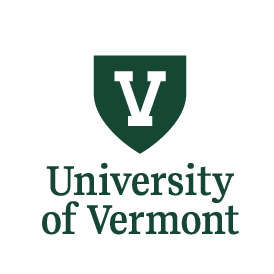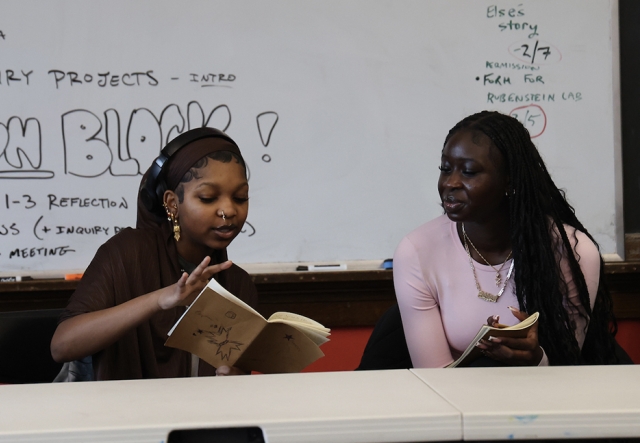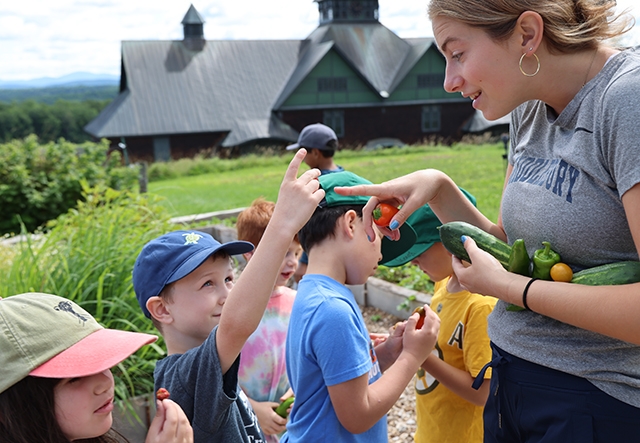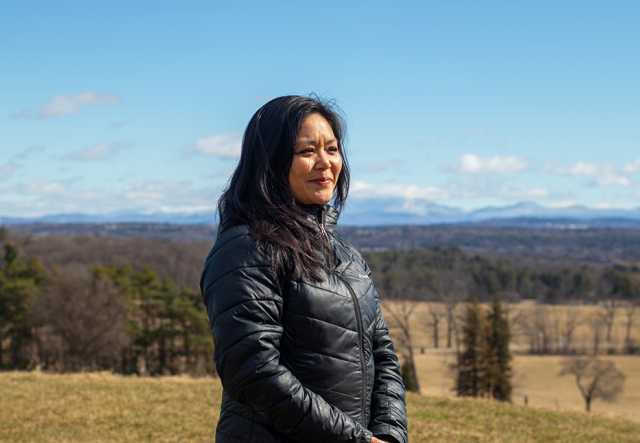Meet 2024–25 Post-Graduate Fellow Emily Taylor
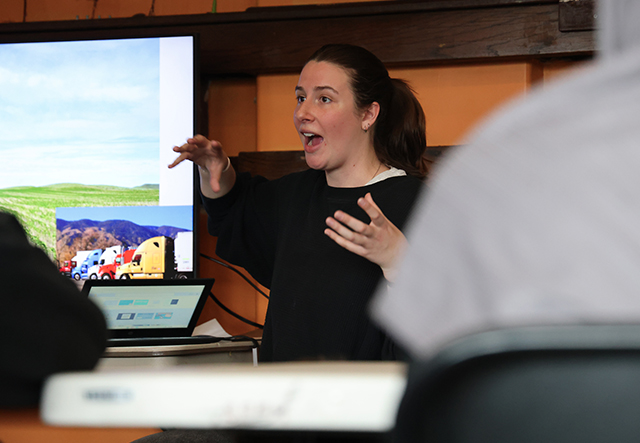
For the past several years, Shelburne Farms has welcomed educators who are early in their careers for fellowship positions. While leading children of all ages in programs and living here on the farm, fellows gain a unique, immersive perspective on Education for Sustainability, and lasting lessons about what it means to be transformed by a place.
Emily Taylor grew up in Marlboro, Massachusetts, and graduated from UVM in 2024 with a degree in Environmental Science and a certificate in Place-Based Education. She is now wrapping up a year teaching with Burlington City & Lake Semester (BCL) and Shelburne Farms’ school programs. Below are her reflections on this experience.
How did your understanding of place-based education change through your time here?
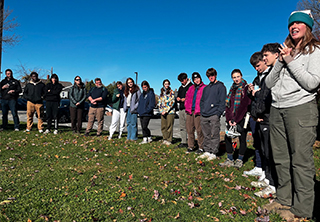
Burlington City and Lake taught me the human components of place-based education. I learned that doing PBE in the public school system means designing moments where young people can feel empowered, connect, see community, and see that they are relevant in that community. That’s what ‘place’ really is.
After I finished my first semester with BCL, I remember saying to someone, ‘All of the students that just came through the program are going to be civil servants, no matter what job they end up in.’ They will care about their community. They will know whatever place they live in next more deeply for having known their hometown so deeply. That, to me, is the goal of place-based education.
And what about living on the farm, did that change your concept of ‘place’ at all?
The certificate and the UVM course NR1, which I TA’d for, are deeply interconnected with the farm and come here for sessions. My junior year, as part of a class on organic pollution, I even worked with Shelburne Farms woodlands manager Dana Bishop to map carbon sinks on the farm. So, I’ve been a fan of Shelburne Farms for years and I already had a really good connection to the place. I’m so grateful that I got to live here through the seasons and experience the phenology, which is one of my favorite things—getting to watch the way the seasons change, seeing who’s here and what buds first open.
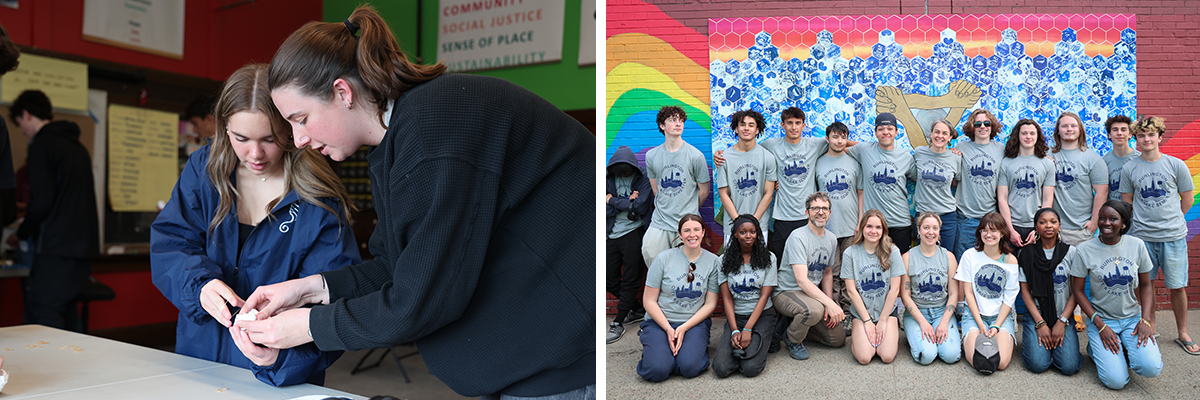
How did the UVM Certificate program help prepare you to co-teach with BCL?
The teachers I had in the UVM program teach by example. They’re transparent about their facilitation. And they showed a great working relationship as co-teachers, navigating things with ease. That helped me a lot, watching them teach side-by-side. And the certificate program taught me a lot of foundational knowledge about Burlington and Vermont. I wouldn’t have been able to teach about Burlington in BCL without studying Burlington for four years.
Someone at one point told me that teachers make a thousand decisions a day on the fly. Before this year, that was not a skill I had. But it’s one I’m growing into. Like if students aren’t vibing with something, you have to be attuned to that and think, in the moment, how do we bring everyone back together? It’s great to practice these skills with co-teachers and be mentored by Dov and Christie, for them to show me best practices.
Do you have a memorable or favorite moment?
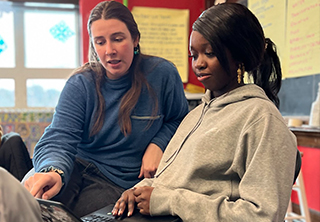 A lot of little wins add up over a year. Generally, just watching students build community and care for each other was really memorable. And to see individual students get more comfortable engaging, speaking up, and stepping into leadership roles.
A lot of little wins add up over a year. Generally, just watching students build community and care for each other was really memorable. And to see individual students get more comfortable engaging, speaking up, and stepping into leadership roles.
What’s next for you?
I’ll be returning to deCordova Sculpture Park and Museum in Lincoln, Mass., teaching an art- and nature-based camp. After that, I’m hoping to get my teaching license in Massachusetts in biology or environmental science. I really thought that this year at BCL was going to give me a sense of whether or not I want to be a classroom teacher. But that was actually the wrong question to be asking! BCL is so non-traditional, it’s so experiential. It’s essentially unwriting so much of what happens in a traditional classroom. But the experience did affirm that I love working with older learners, and that I love experiential learning. I hope I can intertwine those types of teaching into the classroom.

